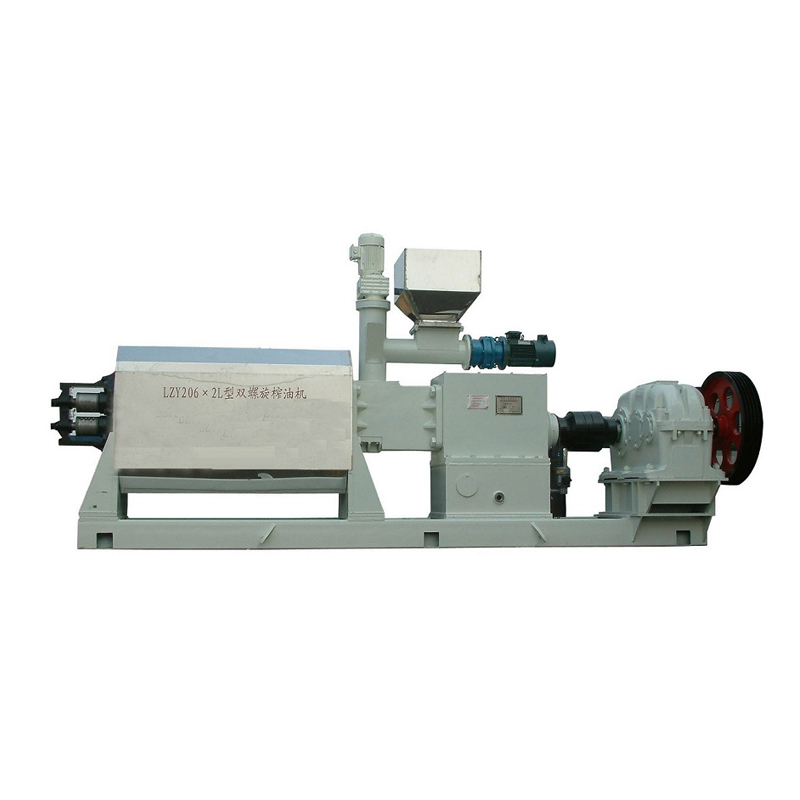Nov . 18, 2024 21:50 Back to list
seed oil refining unit companies
The Evolution and Importance of Seed Oil Refining Units
In the modern food processing industry, seed oil refining units play a crucial role in converting raw seeds into edible oils. This process not only enhances the quality and safety of the oils but also ensures that they meet consumer demands and adhere to regulatory standards. With growing health consciousness among consumers and rising demand for cooking oils, the seed oil refining sector has witnessed significant advancements and expansions.
Understanding Seed Oil Refining
Seed oil refining involves a series of processes that transform crude vegetable oils extracted from seeds into refined oils suitable for cooking, baking, frying, and food manufacturing. The primary objective of refining is to eliminate impurities, off-flavors, and undesirable components such as free fatty acids, phospholipids, and color pigments. The main stages in seed oil refining include degumming, neutralization, bleaching, and deodorization.
1. Degumming The first step involves the removal of phospholipids and other colloidal impurities by treating the crude oil with water or acid. This process forms a gelatinous substance that can be filtered out.
2. Neutralization During this stage, the oil is treated with an alkali solution to neutralize free fatty acids, which can affect the taste and shelf life of the oil. The resulting soap stock is removed, leaving behind a purer oil.
3. Bleaching The oil is then subjected to bleaching, where bleaching agents such as activated clay or adsorbent carbon are used to remove color pigments and remaining impurities. This step not only improves the visual appearance of the oil but also enhances its stability.
4. Deodorization The final stage of the refining process involves heating the oil under vacuum conditions to remove volatile compounds that contribute to undesirable odors and flavors. This step is vital in ensuring that the oil is neutral in taste and has a longer shelf life.
The Role of Technology in Refining
The development of technology has significantly influenced the efficiency and sustainability of seed oil refining units. Traditional methods are gradually being replaced by more advanced techniques that ensure higher extraction rates and better oil quality. Technologies such as enzymatic degumming and membrane filtration have emerged as alternatives to conventional processes, offering lower energy consumption and reduced waste generation.
seed oil refining unit companies

For instance, enzymatic degumming utilizes specific enzymes to break down phospholipids more efficiently than traditional methods. Similarly, membrane filtration allows for the separation of impurities without the use of chemicals, leading to a more sustainable refining process.
The adoption of automation and real-time monitoring systems has further enhanced operational efficiency. These systems enable precise control over various parameters, ensuring consistent oil quality and reducing the risk of human error during production.
Global Market Trends
The global market for seed oils is expanding rapidly, driven by increasing awareness about healthy cooking oils and their nutritional benefits. Oils such as sunflower, soybean, canola, and corn oil are among the most commonly consumed vegetable oils worldwide. The growing popularity of plant-based diets and the trend towards healthier cooking practices have stimulated demand for high-quality refined oils.
Leading seed oil refining units have adapted to changing consumer preferences by investing in research and development to innovate their product offerings. For example, some companies are now focusing on producing oils enhanced with omega-3 fatty acids or those fortified with vitamins and minerals, catering to health-conscious consumers.
Environmental Considerations
As with any industrial process, seed oil refining raises environmental concerns, particularly regarding waste management and energy consumption. Many companies are now adopting greener practices by implementing waste minimization strategies and exploring renewable energy sources for their operations. The use of by-products from the refining process, such as soapstock, for animal feed or biofuel is becoming increasingly popular, promoting the principle of sustainability in the industry.
Conclusion
Seed oil refining units are integral to the food industry, ensuring that vegetable oils are safe, nutritious, and appealing to consumers. With advancements in technology and an increasing focus on sustainability, the sector is poised for continued growth. As consumer preferences shift towards healthier and ethically produced oils, seed oil refining units will play a pivotal role in meeting these demands while embracing environmentally sustainable practices. The future of the industry looks promising, with opportunities for innovation and responsible growth at the forefront of progress in seed oil refining.
-
Top Food Oil Refined Unit Companies w/ GPT-4 Turbo Tech
NewsAug.01,2025
-
Premium Black Seed Oil Expeller - High Efficiency Cold Press Oil Machine
NewsJul.31,2025
-
Oil Processing Equipment - High-Efficiency Flaking Machine
NewsJul.25,2025
-
High-Efficiency Peanut Oil Refined Machine for Quality Oil Production Leading Exporters & Companies
NewsJul.08,2025
-
High Efficiency Sunflower Seed Oil Press – Leading Cooking Oil Press Machine Factories & Suppliers
NewsJul.08,2025
-
High-Efficiency Soybean Oil Press Machine – Leading Exporters & Reliable Companies
NewsJul.07,2025
